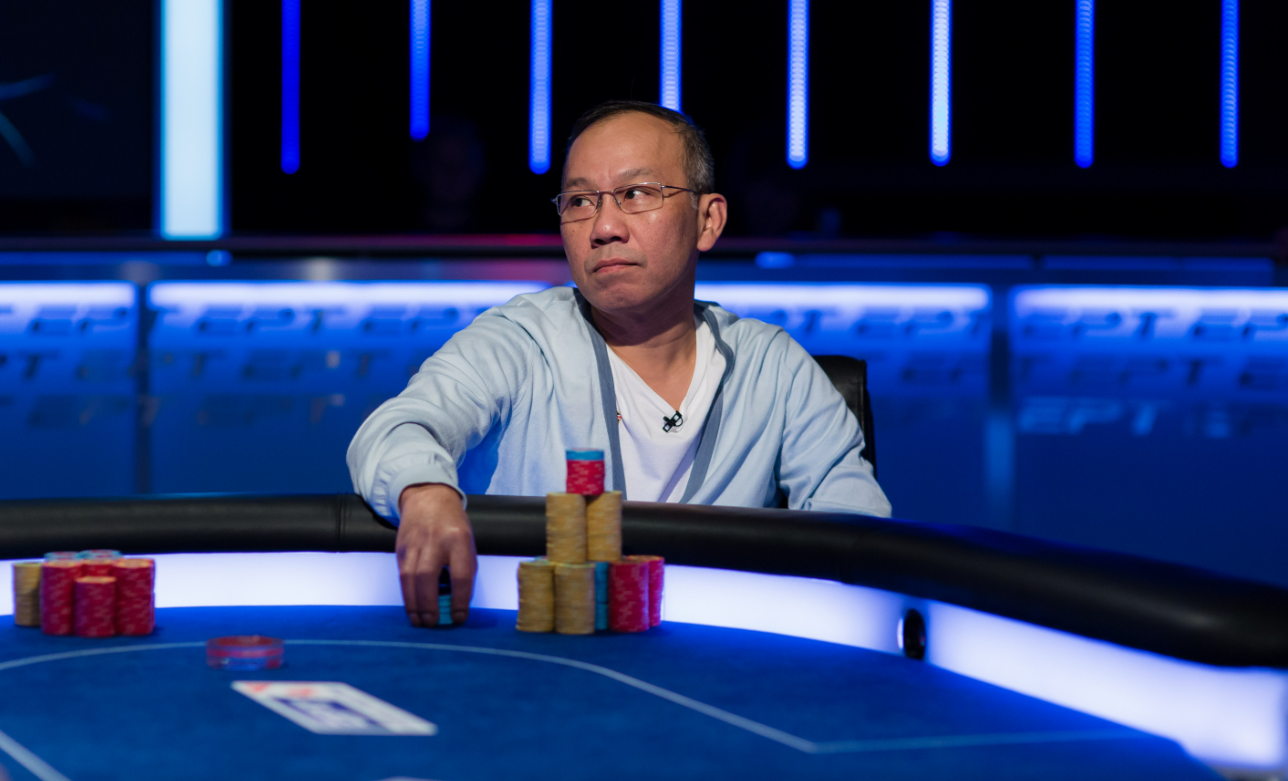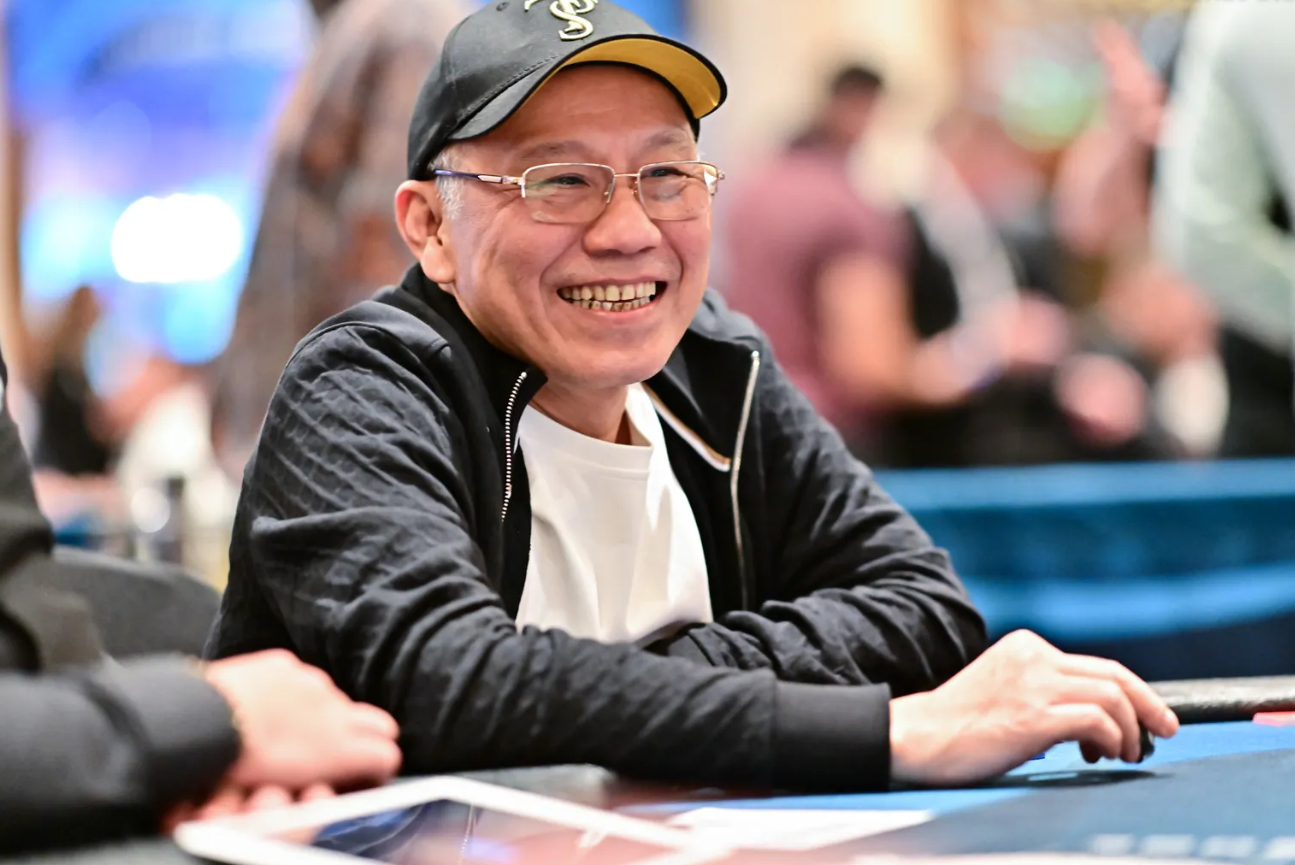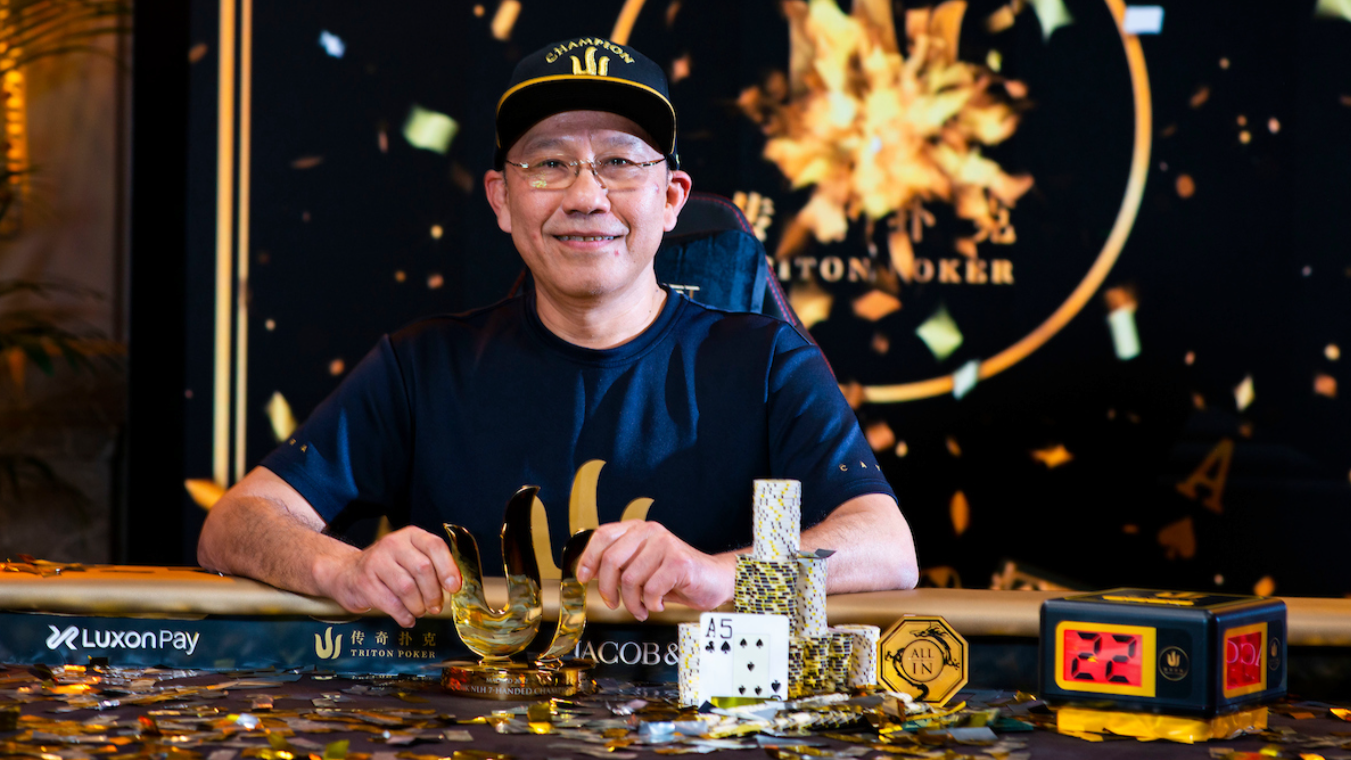From junket business to poker highlights
Paul Phua wasn't always a poker icon. Born in Malaysia in 1964, he built his success on the junket business in Macau. Junkets are high-end tourist packages for VIP gamblers, to whom casinos offer private gaming rooms, lucrative bonuses and anonymity. Phua was an influential figure in this business and quickly became a key player in the gambling world.
But his real passion is poker. As an entrepreneur fascinated by the highest stakes, he quickly found his way into circles where the game wasn't played for pennies. He was part of the legendary high-stakes cash games where multimillionaires like Richard Yong and famous poker stars Phil Ivey and Tom Dwan sat against each other.

Las Vegas scandal: Illegal betting on the football championship
The biggest controversy in his life took place in 2014 when he was arrested by the FBI in Las Vegas. During the World Cup in Brazil, he was allegedly involved in an illegal online sports betting operation. Phua and his team were allegedly running a multimillion-dollar gambling syndicate directly out of the Caesars Palace casino. In addition, the U.S. Department of Justice alleged that Phua was a leading member of the Hong Kong-based 14K Triad.
How did this all start? The FBI received a tip that something illegal was going on in the casino's luxury villas. The investigation began when guests asked casino staff for an unusually large amount of electronic equipment and internet connections. A casino technician was concerned that the equipment might be used for an illegal betting operation and alerted casino security personnel, who subsequently notified the FBI.
.png)
The FBI, in cooperation with Caesars Palace, disconnected the Internet connections at the Villas. FBI agents then posed as service technicians to obtain evidence for a court-ordered search warrant. This tactic was later the subject of legal challenges, with the defense claiming it was a violation of the Fourth Amendment of the U.S. Constitution.
When the FBI burst in, they found Phua along with other suspects, including his 22-year-old son. During the raid, they seized laptops, cell phones and other evidence. What followed was a legal battle that could have destroyed Phua.
How did he escape custody?
The charges against him were serious, but Phua had a strong legal team backing him. His defense attorneys argued that the FBI had overstepped its authority when it entered the mansion under a false identity, violating the Constitution. The court sided with them and the evidence obtained during the raid was ruled invalid. Without key evidence, prosecutors had to drop the charges.
Interestingly, Phua also had strong support from the poker world on his side. Phil Ivey and Andrew Robl, his longtime friends from the high-stakes scene, even granted him a large portion of the multi-million dollar bail.

A return to the limelight
After clearing his name, Phua returned to what he does best - playing high-stakes poker and organizing exclusive games for the world's richest players. He became the co-founder and face of the Triton Poker Series, the highest buy-in series in the world, where hundreds of millions of dollars are regularly played. Despite his name being associated with illegal gambling, he has retained respect in the poker world. His story shows how a junket operator became an influential man in the gambling industry who managed to escape the clutches of the law and rise to the top again.
Paul Phua will forever be a controversial figure. To some, he is a visionary who changed the world of high-stakes poker and gambling. To others, he is a shadowy figure who can circumvent the system and move in illegal circles. But one thing is certain - his story is proof that anything is possible in the gambling world....especially if you have enough money, the right allies and a pinch of luck.
Sources - ESPN, Wiki, Pokernews, Triton Poker




